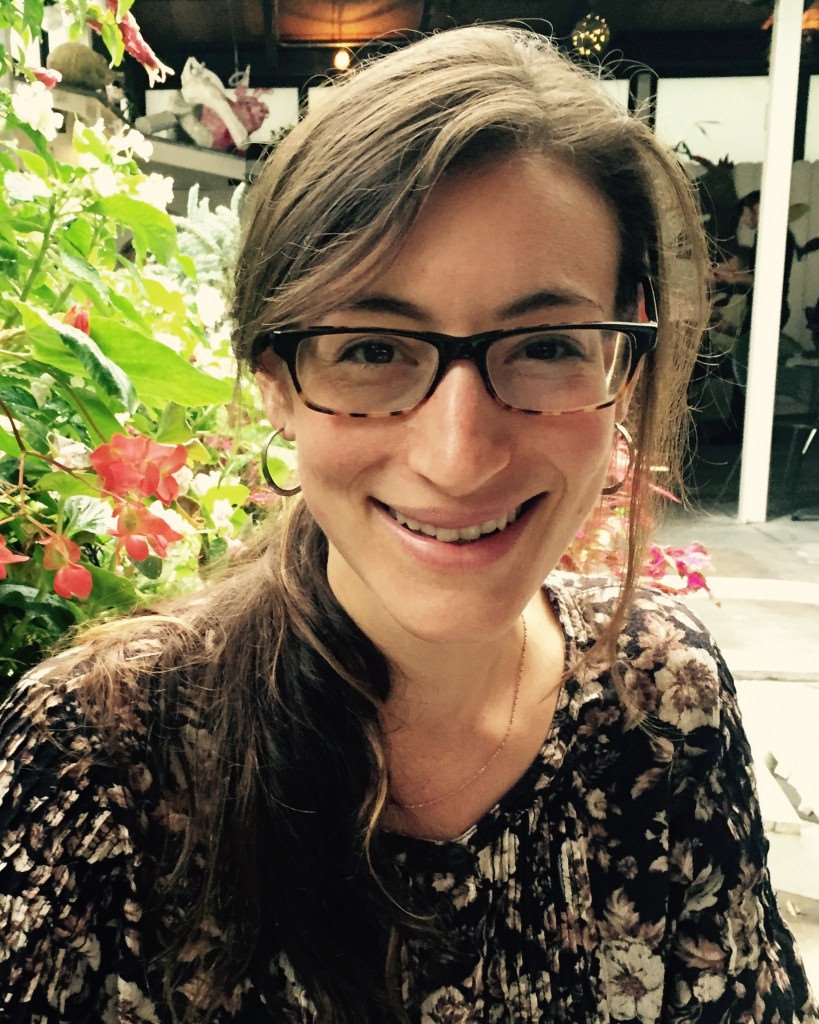Gabrielle A. Berlinger (she/her) is Associate Professor of American Studies and Folklore, and Tanenbaum Scholar in Jewish History and Culture, at the University of North Carolina Chapel Hill. As a folklorist and ethnologist, she studies the nature and significance of vernacular architecture and ritual practice, particularly in contemporary Jewish communities. She is author of Framing Sukkot: Tradition and Transformation in Jewish Vernacular Architecture (Indiana University Press, 2017) and co-editor of The Lives of Jewish Things: Collecting and Curating Material Culture (Wayne State University Press, 2024). Before joining the faculty at UNC, Gabrielle was an Andrew Mellon Postdoctoral Fellow in the “Cultures of Conservation” initiative at the Bard Graduate Center in New York City. There, she researched and taught around an ethnographic project at the Lower East Side Tenement Museum in which she documented the preservation process of the Museum’s 19th-century tenement apartment building—a study that related issues of historic preservation, immigrant social history, heritage management, and museum practice in the reconciliation of physical and cultural conservation needs.
Statement of Candidacy:
Thank you for the opportunity to be considered together with these inspiring candidates. The professional networks and structures that the American Folklore Society nurtures are of critical value, particularly now as we stand on shifting ground after a year of great climate, social, and political change. Our strengths as folklorists — listening, hearing, and striving for social justice — encourage nuanced understanding of complex world situations. Now, we must also use these strengths to develop our networks and build new relationships that will grow our field into the future. If elected to the nominating committee, I would work to invite individuals to lead us in collaborative action toward these goals. Having discovered our discipline through public folklore work and now as a faculty member at UNC-Chapel Hill, I believe that creative partnerships across academic and public sectors, local and international dialogue, and innovative models of research, teaching, collaboration, and service will support meaningful change within and beyond our discipline to sustain and expand it. I hope to help identify gaps in membership and leadership, support young folklorists and allied professionals across public and academic realms, and amplify the core and emerging values that underly our work, “advocating for respect and mutual understanding of the world’s diverse cultures.”
